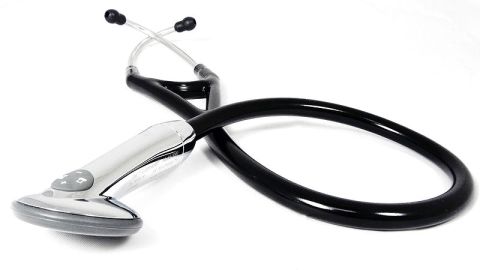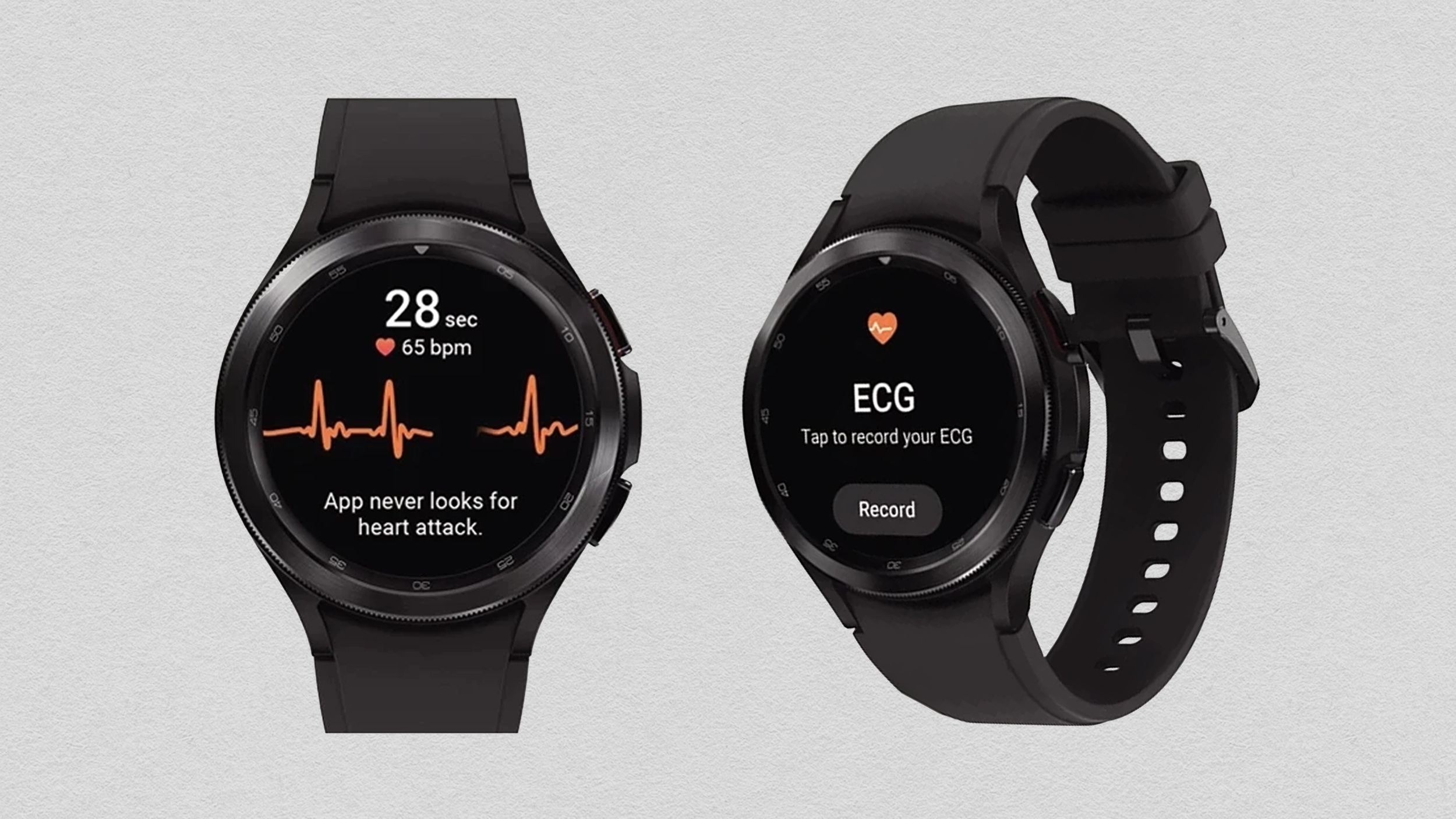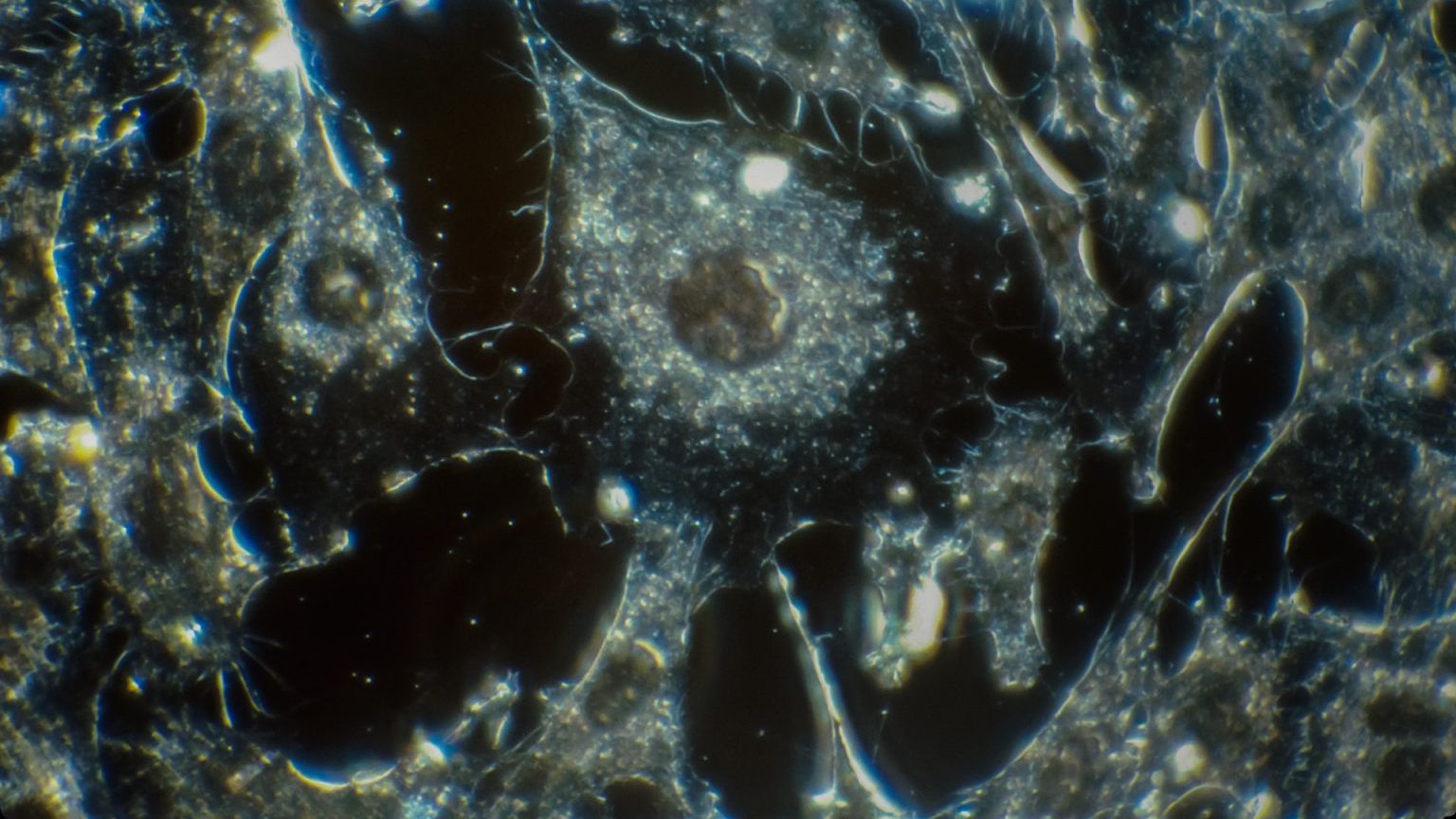Can Technology Save American Health Care?

What’s the Latest Development?
A medical clinic in California is having particular success at treating patients better by using new technology to monitor patient health at home. A bathroom scale which transmits health data wirelessly to the CareMore clinic is just one example. When physicians noticed that 82 year-old Ellen had gained three pounds in 24 hours, they called her and requested she come in immediately for a check up. “Had the warning signs not been noticed and addressed so quickly, she might easily have suffered a long, painful, and expensive hospitalization.”
What’s the Big Idea?
By using technology to catch early-warning signs of declining health, the CareMore clinic is able to provide better and more convenient care. The clinic “is routinely achieving patient outcomes that other providers can only dream about: a hospitalization rate 24 percent below average; hospital stays 38 percent shorter; an amputation rate among diabetics 60 percent lower than average.” More impressive still is that by treating problems ‘upstream’, the clinic preempts lengthy and costly procedures ‘downstream’, reducing overall costs.





